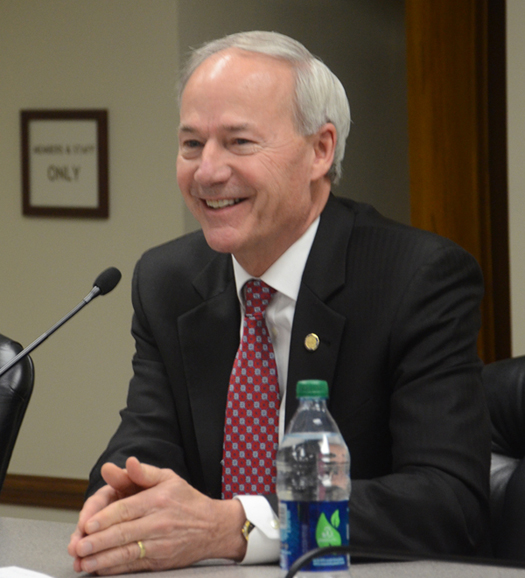By Steve Brawner
© 2015 by Steve Brawner Communications, Inc.
This is the part of the legislative session where I look forward to lawmakers going home, because they do not always listen to me.
Last week, I asked them to approach their jobs with restraint after they voted to ban communities from passing anti-discrimination ordinances. That law was passed after Fayetteville enacted such an ordinance through its city council and then rescinded it by a vote of the people – an indication that democracy was working just fine there.
Then this past week, the Senate voted 30-1 to require all public school districts to teach cursive writing by the third grade. Some schools have stopped teaching this skill. Only Sen. Bruce Maloch, D-Magnolia, voted no. It passed in the House, 66-21.
It’s my experience as an observer that most state legislators are honorable, admirable and likable. Go to the State Capitol on any given day, and you may be encouraged by the civility and sobriety of most of what happens.
But legislators are people, and people tend to want to use power to make others see things their way. Legislators should beware of that temptation.
There is evidence that learning cursive writing may be beneficial for students. It may be good to write the entire word without lifting the pencil, and by learning both cursive and print, students learn to write the word in two different ways. A 2006 study by Dr. Virginia Berninger, a University of Washington psychologist, found that writing in cursive, writing in print, and keyboarding each activate different parts of young brains. Important historical documents were written in cursive or something like it. Someday, today’s kids may want to read their great-granddad’s letters home from the war.
Opponents, meanwhile, say it’s an antiquated and increasingly irrelevant skill in a digital age, and other skills are more important. When is the last time you wrote a capital “Q” in cursive?
But the question isn’t who’s right. The question is, who decides, after what process? Legislators, after debating the issue in a couple of committee meetings? Or local school educators, using their professional judgement while considering their communities’ unique situations?
Schools didn’t drop cursive writing because their teachers are lazy. They did it after weighing the benefits of teaching cursive against the realities that they have too much else to do, in large part because of No Child Left Behind, the Common Core, and other decisions by others, including the Arkansas Legislature. Teachers were not lined up outside the Capitol chanting for the right to teach cursive writing.
As is sometimes the case, there seems to have been very little thought given to this latest government mandate. The sponsor, Rep. Kim Hendren, R-Gravette, conceived of it because his granddaughter could not write in cursive. It was first debated in the House Education Committee on Feb. 10, where it was passed that day, and by Feb. 19 it was sent to the governor. It seemed like a good idea, and some legislators probably didn’t want to oppose a colleague whose vote they may need later.
Contrast this educational mandate with another one passed by the Legislature – Hutchinson’s requirement that all high schools teach a computer science class. Hutchinson spent a year talking about the issue on the campaign trail and made it the subject of his best commercial, the one with his granddaughter playing basketball. The public and professional educators had a chance to thoroughly vet the proposal. There was little opposition.
That’s the way to pass a mandate.
The opportunity to assert power should send chills up lawmakers’ spines. They should hesitate to do so, especially if they know little about a subject, and there are people who know more because of their education and experience, and those people make decisions at a local level, and those decision-makers are accountable to voters, as educators are through their locally elected school boards.
Notice I used the word “hesitate.” If local control were always the rule, it would have taken a lot longer to desegregate schools. Instead, legislators should take things issue by issue, and slow down. When asked to substitute their judgement for the judgements of others, they should be inclined to vote no unless given a really good reason to vote yes.
In other words, they should have left this one to the local schools.
